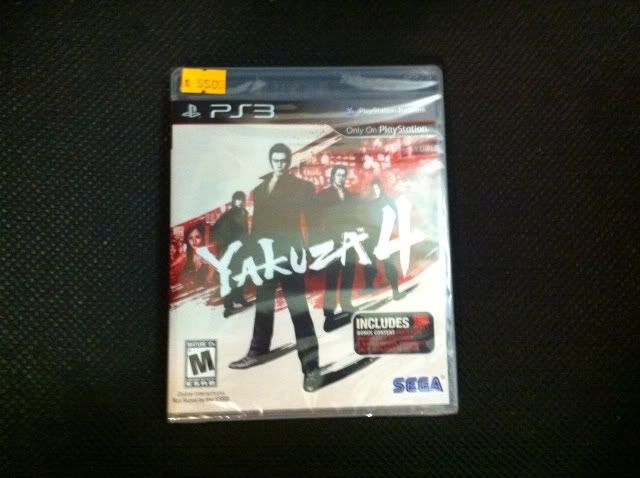An Owl With Knees said:
Agreed.
There is a certain joyous experience in hearing the multi-toned text conversations, with the audio effects from the city looming over it.
It's blatantly a way of breaking up the cutscenes so the dialogue can cover a lot of ground without you having to wait for all the pauses and without slowing down the action too much, giving the player something to do, even if it's just tapping X to proceed. It's quite obviously a design decision rather than a technical limitation, and just about all the key scenes are fully voiced anyway.
I've been playing for 62 hours and have only now reached the last chapter. Deja vu? Sure, the city overground is the same, but then you've got huge new areas on the rooftops and underground (and in the sewers) and the four fighting styles are really different, adding much needed variety to the combat. And there's an absolute ton of asides, including several substantial side-quests.
And the story's superb. 3 had some really emotionally satisfying moments (basically the whole of Chapter 11) but this weaves a far more interesting yarn. There are some genuine surprises (two plot twists completely knocked me sideways), it's darker than the last game and it's brilliant the way the four stories slot together.
Moreover, the new characters are superb - Saejima initially seems irredeemable, but as his chapter progresses you'll really grow to like him. Shun Akiyama is instantly likeable, and by the end I was wondering whether I even preferred him to Kazuma. Tanimura won't win everyone over (he's perhaps too much of a pretty boy for that) but his fighting style is awesome, and he has two of the best story moments. Then you get your hands on the Dragon of Dojima once more and it's like coming home.
It's hard to imagine any Yakuza fan not loving this, and with recaps of the first three games, it's perhaps the slickest and most accessible way for newcomers to finally jump in.
As for the complaints about the story being too dense, there's a character tree in the menu and reminiscence sequences that offer helpful reminders of anything you might have forgotten. And if you're not following it - even if, say, you've been side-tracked by the addictive pursuit of finding all the locker keys - you're really not paying attention. It's not that complicated.
It's a pity most reviewers seem to miss or forget some of the game's greatest achievements and focus on the fact that, compared to western open-world games - which it shouldn't really be put next to anyway, it's an RPG - it has certain technical limitations. That is not, in my opinion, reason enough to mark it down.



